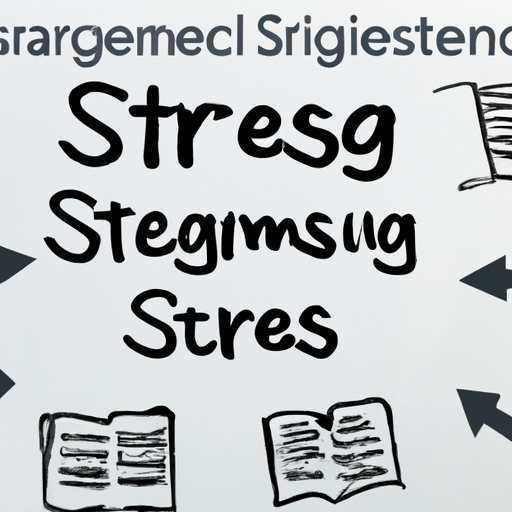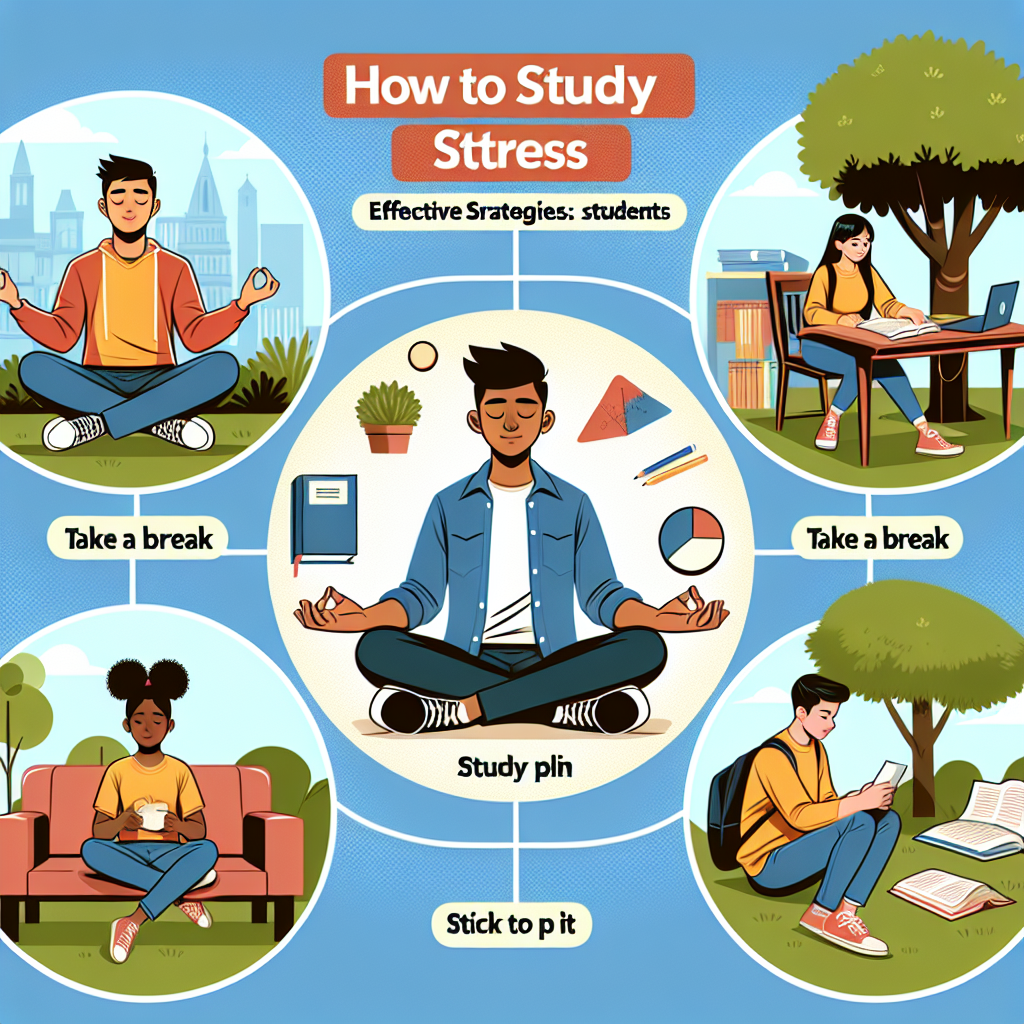How to Take Effective Notes: Tools, Techniques, and Strategies
Master the art of note-taking with proven methods, digital tools, and actionable tips for students, professionals, and lifelong learners.
Why Effective Note-Taking Matters
Note-taking is a fundamental skill for academic success, career advancement, and lifelong learning. Whether you’re attending lectures, participating in meetings, or reading books, effective notes help you retain information, organize your thoughts, and enhance your productivity. In this guide, we’ll explore how to take effective notes, the best tools available, and practical tips for improving your note-taking strategy.
Popular Note-Taking Methods
- Cornell Method: Divides the page into cues, notes, and summary sections. Great for summarizing and reviewing information.
- Mapping Method: Visualizes relationships between topics using diagrams or mind maps.
- Outlining Method: Organizes information hierarchically using bullet points and indentations.
- Charting Method: Uses tables to compare and organize data.
- Sentence Method: Records every new thought, fact, or topic on a separate line.
Top Tools for Taking Effective Notes
Choosing the right note-taking tool can make a significant difference in your workflow. Here are some best note-taking tools (both digital and analog) to consider:
1. Digital Note-Taking Apps
- Evernote: Offers organization with notebooks, tags, and powerful search features.
- Notion: Combines notes, tasks, databases, and calendars in one customizable workspace.
- Microsoft OneNote: Flexible notebook structure, supports handwritten and typed notes, ideal for students and professionals.
- Google Keep: Simple, fast, and perfect for quick note capture and checklist creation.
- Apple Notes: Seamless integration with Apple devices, supports images, sketches, and checklists.
2. Analog Tools
- Bullet Journals: Combines planning, tracking, and note-taking in one system.
- Moleskine Notebooks: High-quality paper, portable, and timeless design for handwritten notes.
Step-by-Step: How to Take Effective Notes
- Prepare Your Materials: Gather your preferred note-taking tools (digital or analog) and minimize distractions.
- Choose a Note-Taking Method: Select a structure (Cornell, outline, mind map, etc.) that fits your learning style and the context.
- Actively Listen or Read: Focus on understanding main ideas, key concepts, and supporting details.
- Record Key Points: Use your chosen method to jot down essential information. Avoid transcribing everything verbatim.
- Use Abbreviations and Symbols: Speed up note-taking and highlight important information.
- Review and Summarize: After the session, review your notes, highlight main points, and write a brief summary.
- Organize and Store: Keep your notes organized for easy retrieval. Tag, categorize, or file them accordingly.
Tips for Enhancing Your Note-Taking Skills
- Be Consistent: Stick to one or two methods and tools to build a reliable habit.
- Use Visuals: Incorporate diagrams, charts, and mind maps to illustrate complex ideas.
- Color Code: Use colors to distinguish between topics, priorities, or types of information.
- Review Regularly: Set aside time each week to revisit and revise your notes for better retention.
- Sync Across Devices: If using digital tools, make sure your notes are accessible from multiple devices.
Common Mistakes to Avoid
- Writing Too Much: Don’t try to record everything—focus on capturing essential points.
- Unorganized Notes: Use headings, bullet points, and numbering to keep notes structured.
- Not Reviewing: Skipping regular review leads to forgetting important information.
- Neglecting Visuals: Failing to use diagrams or charts can make complex topics harder to understand.
Frequently Asked Questions (FAQs)
- What is the best tool for taking effective notes?
- The best tool depends on your personal preferences and needs. Digital apps like Notion or OneNote offer powerful features, while analog options like bullet journals provide tactile satisfaction and flexibility.
- How do I choose the right note-taking method?
- Consider your learning style and the context (lecture, meeting, reading). Experiment with different methods until you find one that helps you organize and retain information best.
- Is digital note-taking better than handwritten notes?
- Both have advantages. Digital notes are searchable and easily organized, while handwriting can improve memory retention and focus. Many people use a hybrid approach.
Conclusion: Start Taking Better Notes Today
Mastering how to take effective notes can transform your learning, productivity, and organization. By choosing the right methods, leveraging top tools, and practicing good habits, you’ll boost comprehension and recall for the long term. Remember, the best notes are the ones you can easily review and put into action. Start experimenting today, and watch your skills—and results—improve!


